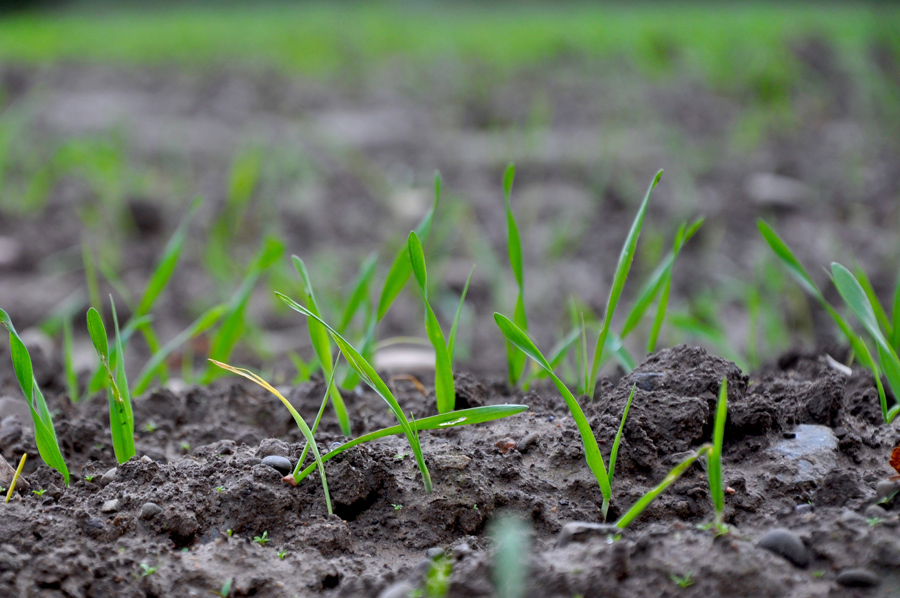Rescue mission needed for UK’s backward cereal crops
15th November 2019
Backward and slow-emerging winter cereal crops produced by late drilling will need careful nurturing through winter to minimise any further growth setbacks and set them up properly for spring, says leading agronomy firm, ProCam.
Backward and slow-emerging winter cereal crops produced by late drilling will need careful nurturing through winter to minimise any further growth setbacks and set them up properly for spring, says leading agronomy firm, ProCam.
According to ProCam agronomist, Tom Smith, winter cereal plantings are down by as much as 90% in parts of the UK after the washout autumn.
Where cereals have been planted, some are only now just emerging, he says, and are sat in less than ideal seedbed conditions. But a glimmer of hope is that wheat has been quoted at £150/t for November 2020, so it will be important to make the most of crop potential, he notes.
“Boosting shoot and root growth are likely to be the main priorities,” says Mr Smith. “Assess fields on an individual basis. Plants may need help with early chlorophyll production so they green-up and photosynthesise efficiently to fuel growth.
“Cereals sat in waterlogged soils will also tend to produce shallow roots because they don’t need to search out moisture. You only have to think back to 2018 to what happened to poorly-rooted crops in a dry spring.
“Treatments such as micro-nutrients and bio-stimulants could therefore come into their own this winter to ensure early nutrition isn’t limiting and to give crops a lift.”
ProCam evaluations on the effects of these types of treatments on early cereal growth has shown significant improvements with some products, says Mr Smith, but it is important to choose the right one.
“Micro-nutrients and bio-stimulants aren’t expensive but our evaluations suggest there isn’t a one size fits all approach for every crop.
“As well as boosting growth, look at other ways of reducing crop stress. With weed control, it may be kinder to crops to avoid complex herbicide tank mixtures if you can, and instead apply the components in a sequence.
“As we approach spring, also be mindful of the effect that foliar diseases such as yellow rust and mildew can have on backward crops. When plants have little green leaf area to begin with, even small infections can cause serious damage. The aim is to protect green leaf area and to save as many tillers as you can.”

